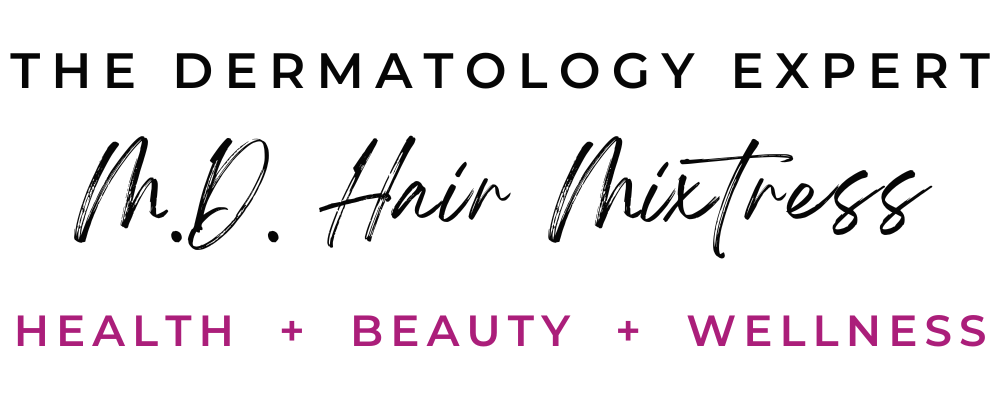Alternative medicine often incorporates herbs and various essential oils to improve health. Using herbs and natural remedies has become increasingly popular as we become more aware of the potentially toxic ingredients in many conventional medical treatments. Aromatherapy for hair loss is a commonly utilized form of alternative medicine.
What is Aromatherapy?
Aromatherapy is a type of holistic medicine in which diluted essential oils from plants, herbs and wood resins are typically massaged into the skin. Aromatherapy has been used for centuries as a complement to traditional medicine, and has been used in the treatment of hair loss, various aches and maladies, to improve circulation, and even to help treat stress and anxiety. The various smells experienced during an aromatherapy session are felt to have effects on both body and mind.
Benefits of Essential Oil Aromatherapy
Essential oils are extracted from various flowers, plants and herbs, often by evaporation or distillation. The aromas of essential oils make them a popular choice for aromatherapy, but the essential oils also have many health benefits. Essential oils have been a key component of Eastern, holistic and alternative medicine for centuries. Essential oils can have many benefits for the hair, including hair growth, decreasing inflammation that can cause hair loss, and antioxidant capabilities.
Aromatherapy for Hair Loss
Lavender, thyme, rosemary and cedarwood essential oils have all been used for essential oil aromatherapy for hair loss. These essential oils are typically diluted with a carrier oil, like olive or jojoba oil, and then massaged into the scalp.
1. Lavender Essential Oil
Besides smelling amazing and being incredibly relaxing, lavender has been shown to promote hair growth in mice and to help treat hair loss in humans.
2. Rosemary Essential Oil
Along with being used to in aromatherapy for hair loss, rosemary essential oil has been used to help with an itchy and dry scalp, as well as to reduce inflammation. Rosemary essential oil also has antibacterial properties to help kill off bacterial and fungi. It has also been used to help prevent gray hair.
3. Cedarwood Essential Oil
Cedarwood essential oil was historically extracted from the wood of the cedar tree. It is also commonly extracted from Juniper or Cypress trees. Cedarwood essential oil has an earthy and woody smell that blends nicely with lavender essential oil. It has been used to treat a dry scalp and release stress. Cedarwood essential oil has some antimicrobial properties that help it to kill some types of bacterial.
A combination of cedarwood and other essential oils was found to promote hair growth in this study, and help to treat alopecia areata.
4. Thyme Essential Oil
Inflammation in your scalp can lead to hair loss. CCCA, a common type of permanent hair loss on the top of your head is caused by inflammation in the scalp. Thyme essential oil can reduce inflammation, as well as fight some bacteria. Aromatherapy for hair loss with thyme essential oil can help stimulate hair follicles and grow hair in alopecia areata hair loss.
Using Essential Oil Aromatherapy
If you want to try essential oil aromatherapy for your hair loss, the essential oils should be diluted in a carrier oil. This diluted mixture of essential oils can then be massaged into your scalp for 5 to 10 minutes every evening. If you want to, you can then place a warm towel or plastic cap over your head for 5-10 minutes to help with absorption.
Cautions
While aromatherapy is generally considered safe and easy for most people, it’s important that you never place essential oils directly on your skin without diluting them first. If you’re using essential oil aromatherapy for hair loss, you need to dilute your essential oils in a carrier oil like jojoba , olive oil or another favorite oil. Essential oils can cause irritation and some people can be sensitive or develop serious allergic reactions from them. It’s always recommended that you do a patch test first to make sure that you can tolerate using an essential oil. Essential oils are also generally recommended only for adults, and should only be used in children with the advice of your pediatrician.





